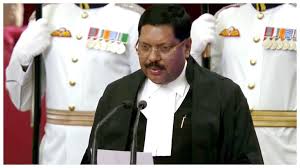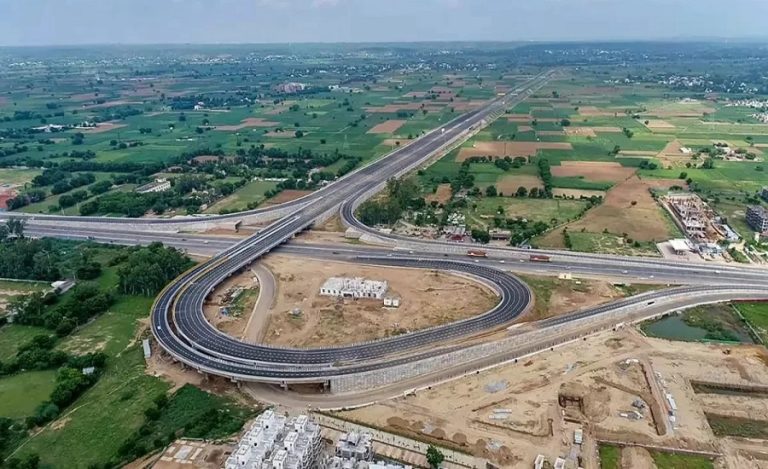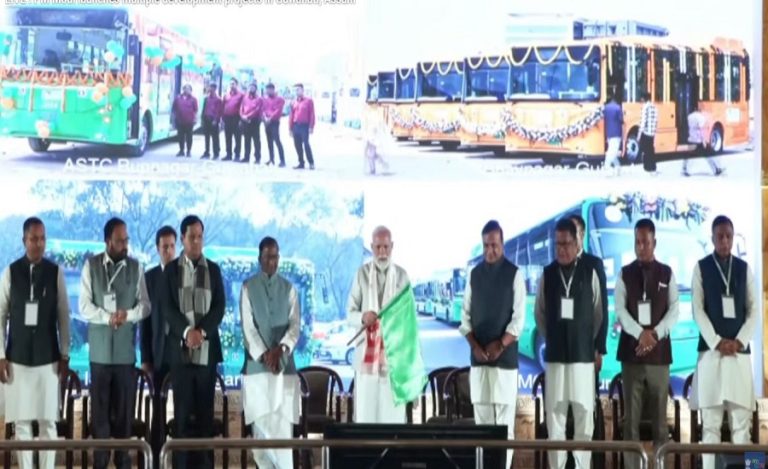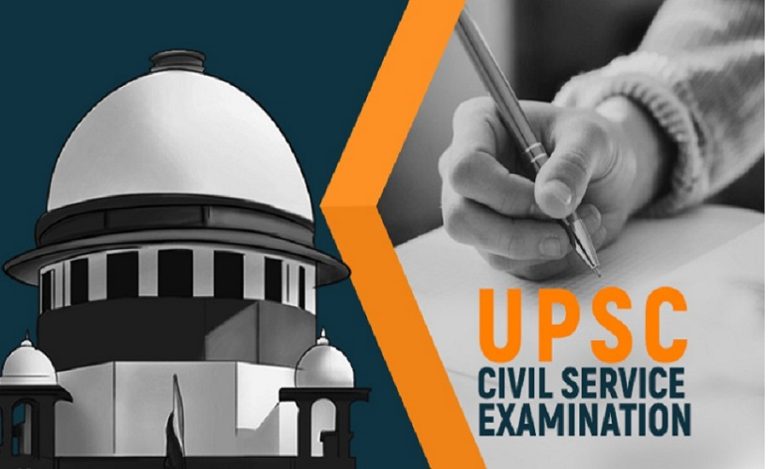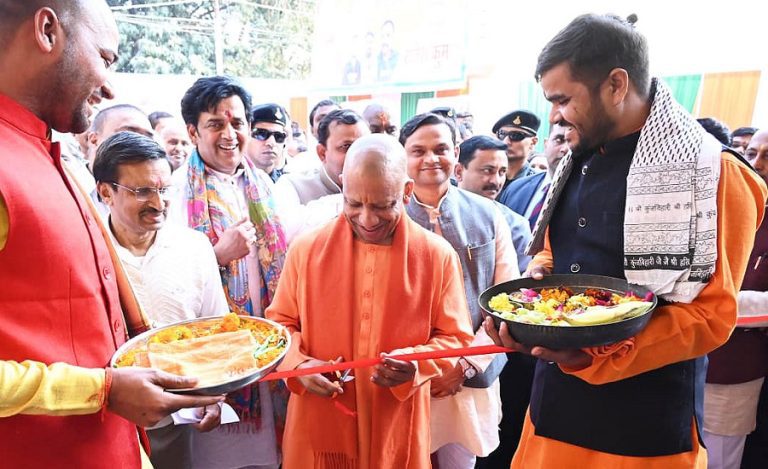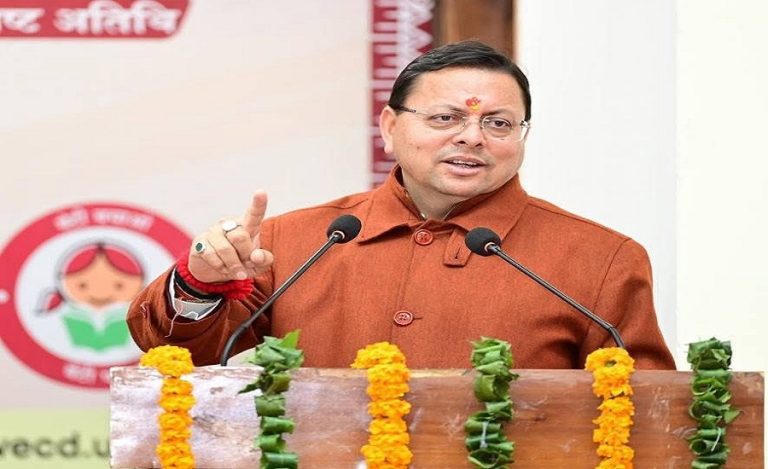Amravati: Chief Justice of India (CJI) Justice B.R. Gavai, who currently serves as the 52nd Chief Justice of the Supreme Court, made a personal yet powerful statement on Friday during a visit to his native village Darapur in Maharashtra’s Amravati district. Addressing a local gathering, Justice Gavai announced that he will not accept any government post after his retirement in November 2025.
Justice Gavai was in Darapur to participate in a family function and pay tribute to his late father, R.S. Gavai, former Governor of Kerala and Bihar and a respected political leader. During the event, the Chief Justice laid the foundation stone for a grand gate at the entrance of the village, which will be named after his father.
“I Will Not Take Any Post After Retirement”
Speaking publicly, the CJI declared – “I have decided that after retirement, I will not accept any government post.”
This comment is particularly significant in the context of growing debates around post-retirement appointments of judges, which many legal experts argue could affect judicial independence.
Justice Gavai emphasized that he looks forward to spending quality time in his hometown after stepping down from the highest judicial office in the country.
“After retirement, I will get more time. I will try to spend that time in Darapur, Amravati, and Nagpur,” he added.
Warm Reception in Native Village
Justice Gavai received a grand welcome in Darapur from locals and supporters who celebrated his visit with great enthusiasm. He was seen interacting warmly with villagers and paying floral tributes at the memorial of his father R.S. Gavai on his death anniversary.
The visit was marked by strong emotional undertones, reflecting the CJI’s deep roots in rural Maharashtra and commitment to his legacy.
Profile: Justice B.R. Gavai
- Born: Amravati, Maharashtra
- Appointed Judge of Bombay High Court: 2003
- Elevated to Supreme Court: May 24, 2019
- Sworn in as Chief Justice of India: May 14, 2025
- Second Dalit CJI in India’s history
Justice Gavai has built a distinguished legal career spanning over two decades, and his appointment as the second Dalit Chief Justice of India was seen as a historic milestone in the judiciary’s inclusiveness journey.
Legacy and Influence
Justice Gavai’s announcement may resonate widely across the legal and political fraternity, as it touches upon the larger conversation about institutional integrity and post-retirement roles for constitutional functionaries. It also echoes calls for reform in this space, ensuring greater judicial independence.

